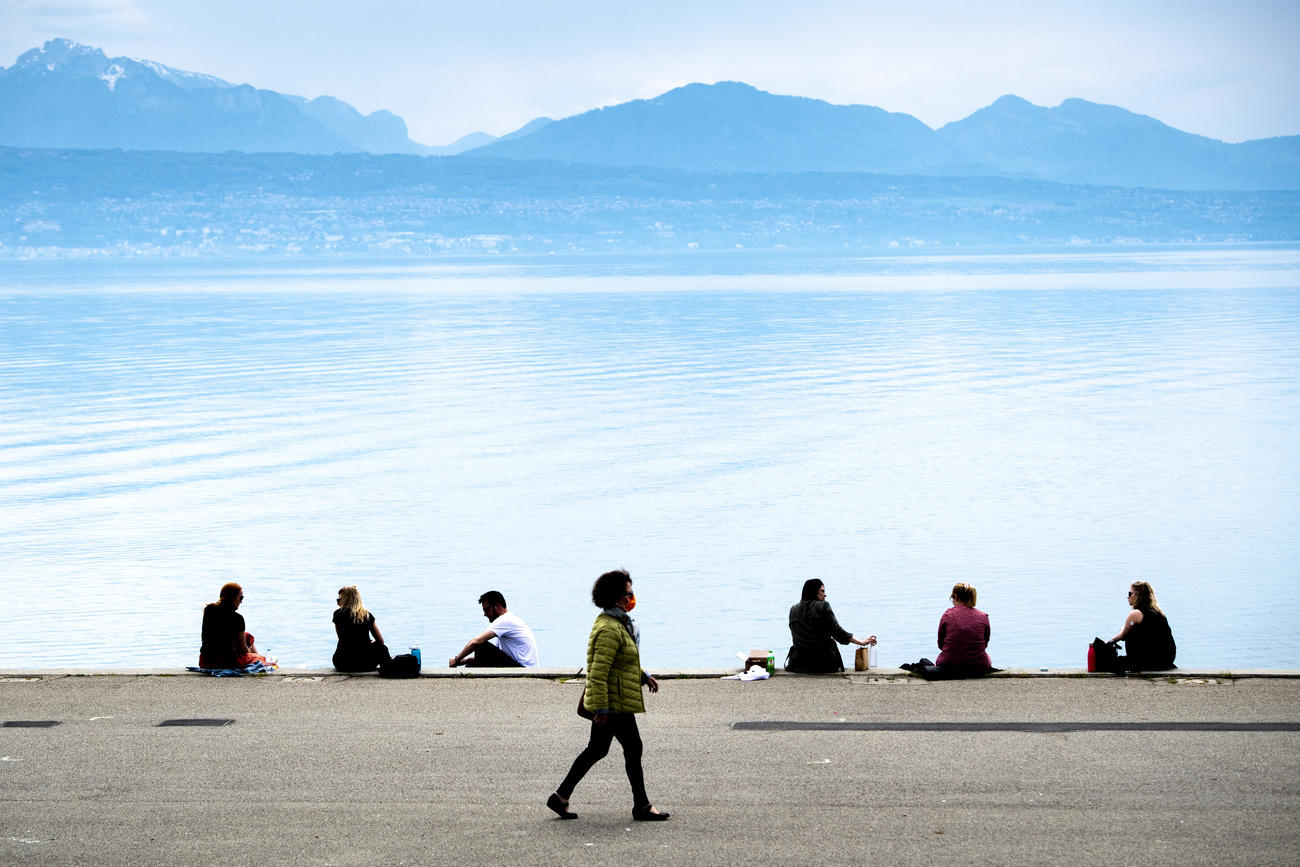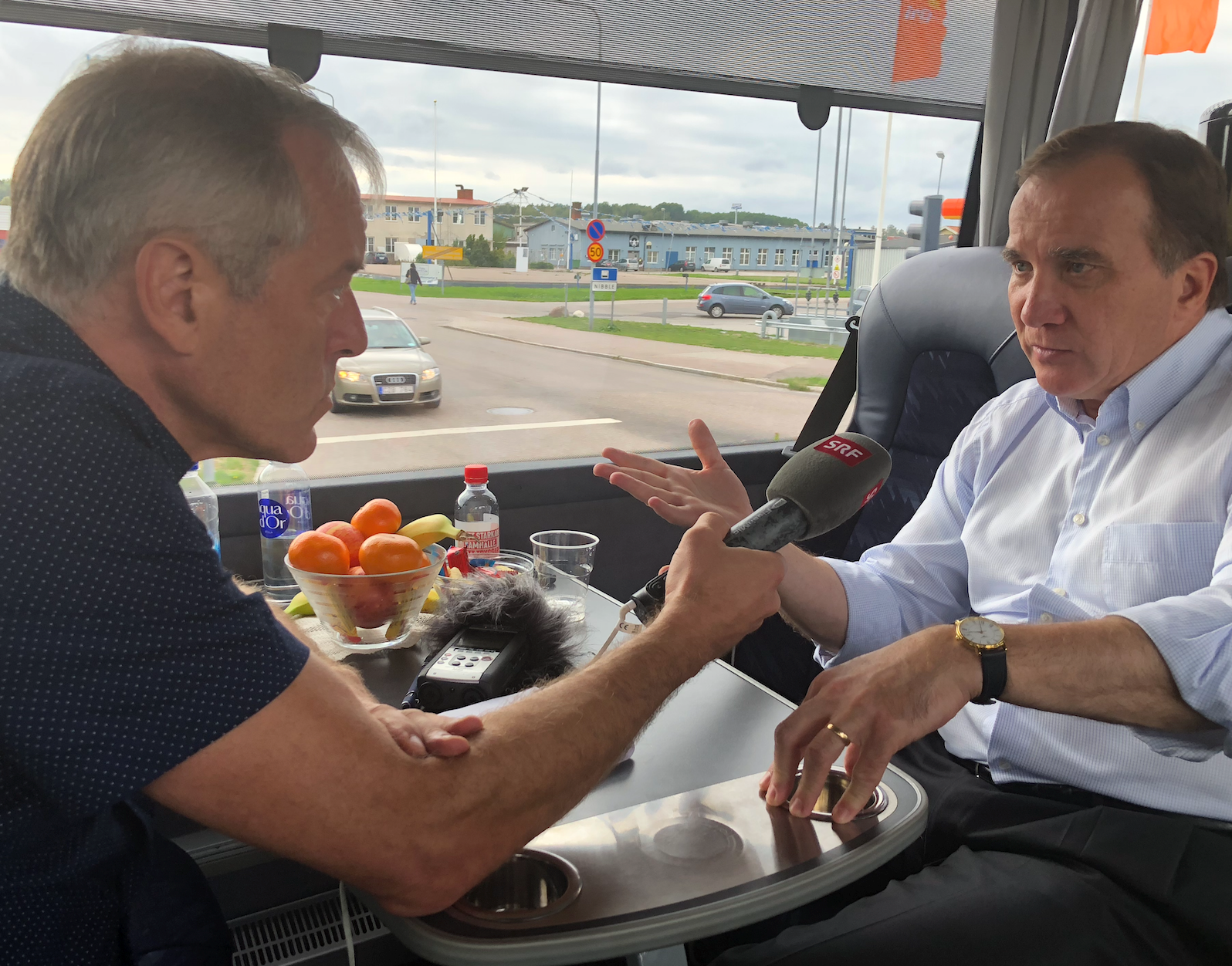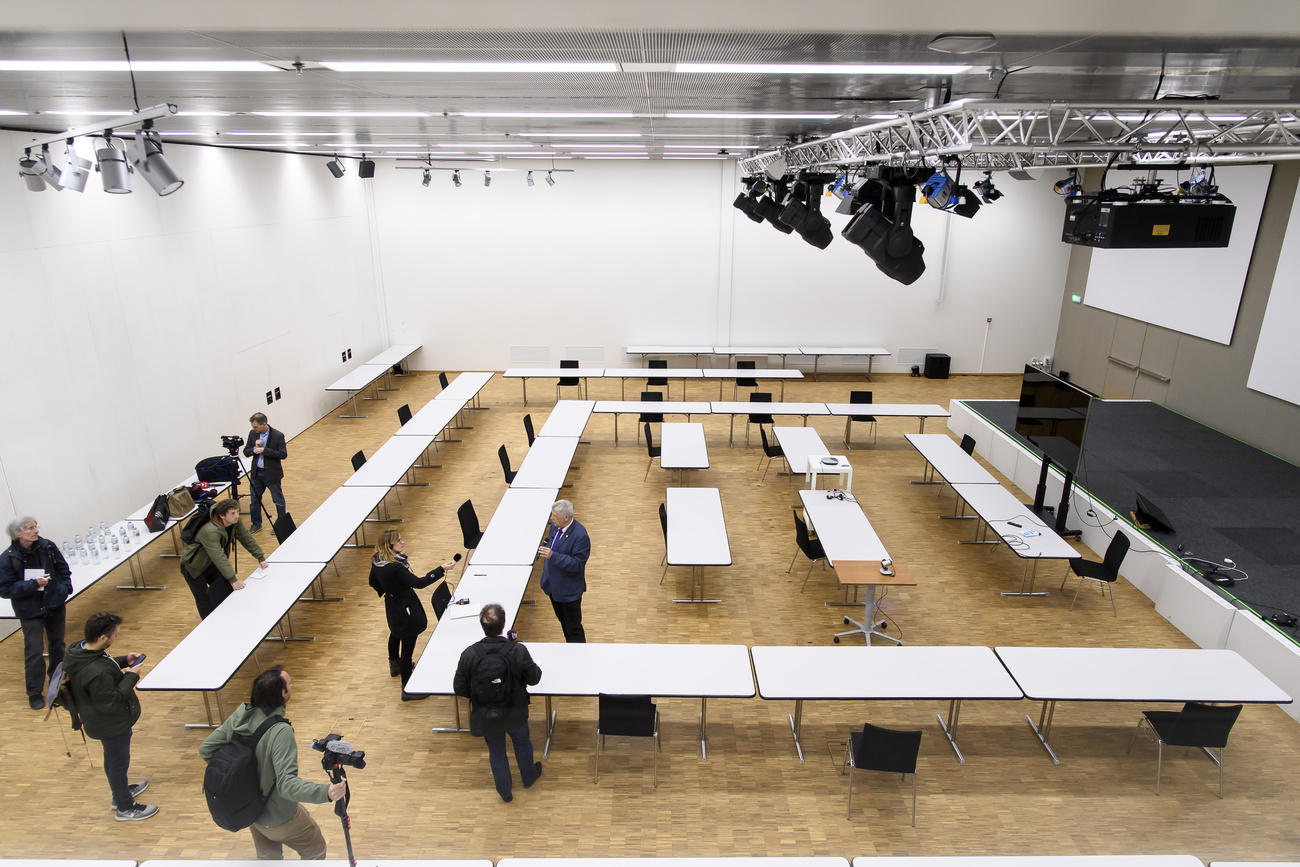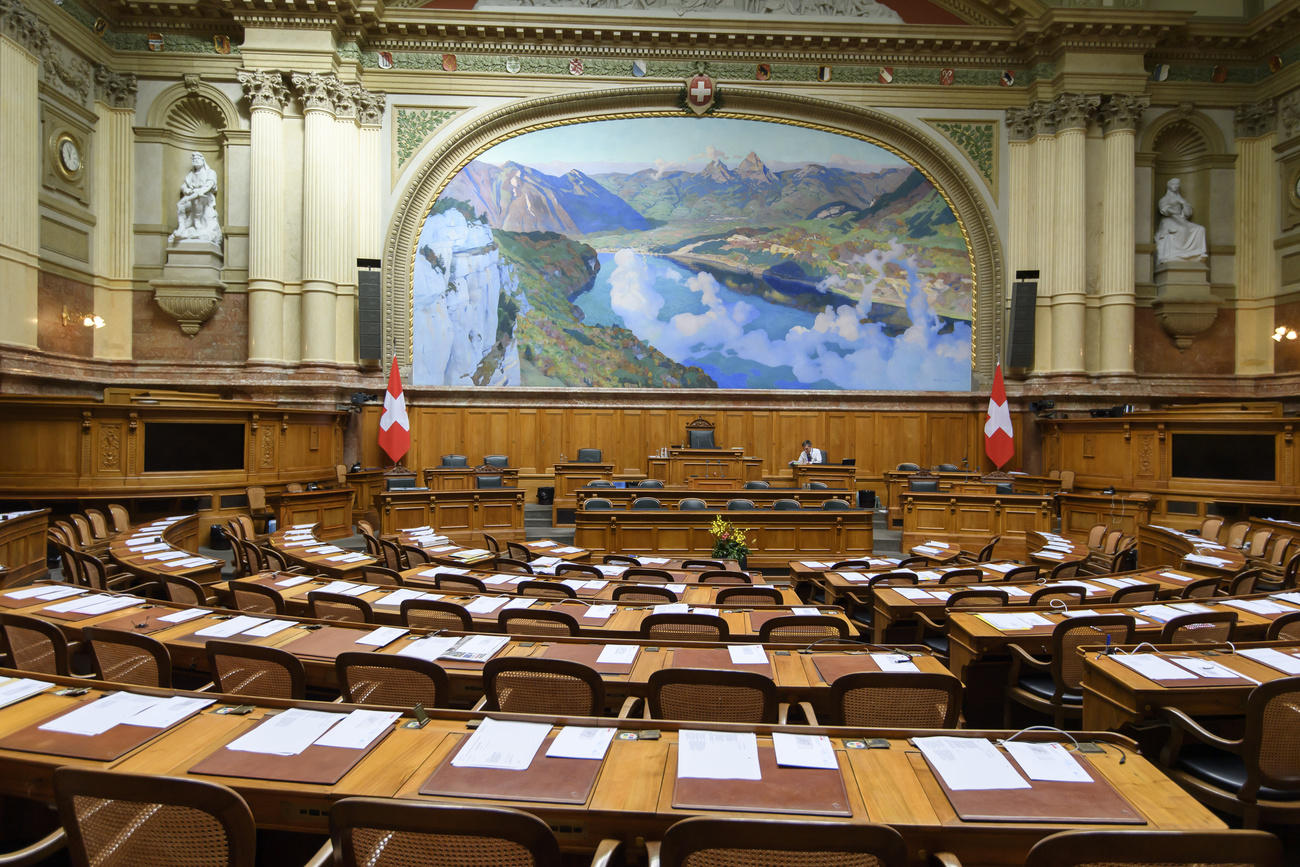Why social trust beats big government in fighting the virus

It is the hour of big government, as executives navigate societies around the world through the wild waters of the Covid-19 pandemic. And while some governments are misusing the momentum to not only fight the virus but also attack democratic rights, others are anchoring their strategies on a fundamental public asset – social trust.
From the patio of my small country house outside Stockholm, I have good view on what’s going on the fields and small roads nearby. Even in normal times, this is not a place that sees many interactions or movement.
Now – at a time when people are called to stay at home and keep their distance – it has become even quieter.
However, every day at 3 pm, a teenager rides his bike along the gravel path outside our house leading towards the neighbouring cottages. Ten minutes later, he returns. The other day, I met him close to the local mailboxes, where I pick up the morning newspapers.
“What are you up to?” I asked him. “I’m delivering food to your old neighbours”, he said, adding that many of his school friends are now helping, since their classes have moved online (while elementary schools have remained open in Sweden, high schools have not).
As a small compensation, he and his classmates get vouchers from the municipality, which they can use at local restaurants for takeaway lunches.
Sweden: “democracy at its best”
Indeed, Sweden, my country of residence, has shown many good faces in dealing with the pandemic; “democracy at its best”, Prime Minister Stefan Löfven described it recently.
The government has opted to strictly follow the recommendations by the national health authoritiesExternal link by refraining from a comprehensive lockdown, while the implementation of the protective recommendations (which are the same as in most other countries) are left to local communities and authorities.

The “Swedish Way” has come in for a lot of global attention and debate. Some commentators have described it as “extremely irresponsible”External link (Global Times, China), while others call it a “grandiose performance”External link (Neue Zürcher Zeitung, Switzerland).
The reality, as I experience it, is of course much less black and white. And one thing that has struck me following the daily press briefings by authorities and political leaders here has been the issue of social trust.
“We offer knowledge, make recommendations and ask the people to take responsibility. We can do that because of the high level of ‘social trust’ that we have built up over time”, said Public Health Agency head Johan Carlson, when I asked him at a recent online briefing about this “Swedish Way”.
According to Malcolm Fairbrother, a professor at Umeå University in Northern Sweden, “social trust is the belief that most other people can be trusted in critical situations”. He points to research showing that high-trust countries are healthier and enjoy more prosperous economies than low-trust countries.
At first glance, it may seem that modern democracies are worse prepared to manage a pandemic than dirigiste or autocratic regimes that can control their societies from the top-down. But in reality, societies with high levels of social trust are much better at ensuring fundamental factors like participatory democracy, transparency and public health – even in challenging times, Fairbrother says.

More
Coronavirus tests Swiss political system
France: “ruling against the people”
It’s therefore no coincidence that societies in which citizens are rather happy with the functioning of their democratic systems – the Nordic countries, Switzerland, New Zealand or Taiwan, according to a study by the Centre for the Future of Democracy at Cambridge UniversityExternal link – are so far moving more smoothly through this crisis than countries with weaker levels of social trust like the UK, the US, France or Mexico, which are having a harder time.
Researchers in France and Mexico confirm this assessment.
“Here in France, political institutions are strong, but they suffer from a growing trust deficit”, says Clara Egger, who teaches International Relations at the University of Groningen and has published several books on “social trust and modern democracy” together with Raul Magni Berton from the Sciences Po university in Grenoble.
“The disconnect between French voters and their representatives is clear from how President Macron acts during the Covid-19 crisis. He does not rule with or on behalf of the French people but against them,” Egger says.
And she adds that while many French people are getting involved and helping other, they are not doing so in support of the “war-style” rhetoric of the president and his government.
Mexico: “lack of investigative journalism”
In Mexico, as in France, movements have worked to strengthen participatory democracy and individual citizen responsibility in recent years, says Vanessa Diáz, a social scientist and director at the non-profit citizen media organization DH PAINAL MEDIA. “But one of the challenges here in Mexico is that there is no investigative journalism, so people watching TV are often living in different realities”.
While some TV stations have tried to minimize the impact of the pandemic, others have done the opposite, Diaz says, adding that the lack of “social trust” creates a big challenge in a diverse country of more than 60 official languages.
“The reality is that many people here still do not believe in the disease whatsoever.”
In real time, we are experiencing the best and worst of not only our different political systems, but also our societies.
In a book to be published in early June (The Decline and Rise of Democracy: A Global History from Antiquity to Today, Princeton University PressExternal link) American social scientist David Stavasage says that the pandemic is “accelerating a trend of people placing greater trust in states and cities than in the federal government” and that “restoring trust will require investment” in our democratic infrastructures.
In other words, autocrats and would-be autocrats across the world shouldn’t be too confident that the current disaster is a good opportunity for power grabs (as the EconomistExternal link recently warned). For Stavasage, moves towards autocracy may not be sustainable as “social trust” becomes more important than “big government” over time.

More
Coronavirus: the situation in Switzerland

In compliance with the JTI standards
More: SWI swissinfo.ch certified by the Journalism Trust Initiative











You can find an overview of ongoing debates with our journalists here . Please join us!
If you want to start a conversation about a topic raised in this article or want to report factual errors, email us at english@swissinfo.ch.